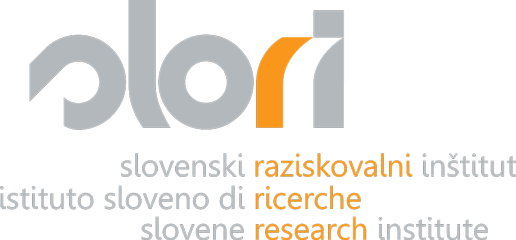Devan Jagodic (editor)
INV, SZI, SNIUJ, SLORI, Trst, Ljubljana, 2018
This volume of the series Mladi v slovenskem zamejstvu: družbeni in kulturni konteksti ter sodobni izzivi (eng. Young Slovenes across the border: the social and cultural contexts and contemporary challenges) is based on a research project with the same name, which was carried out between 2013 and 2016 by researchers from four institutes: the Institute for Ethic Studies (INV) in Ljubljana, the Slovene Scientific Institute (SZI) in Klagenfurt, The Urban Jarnik Slovene Ethnographic Institute (SNIUJ) in Klagenfurt and the Slovene Research Institute (SLORI) in Trieste. The volume subtitled Družbena participacija mladih v slovenskem zamejstvu (eng. Social engagement of young Slovenes living across the border) is the third of four volumes and focuses specifically on social participation among young people in their living environment. The volume is divided in three parts: a theoretical and methodological introduction to the topic, a core empirical section and a comparative conclusive section. The four main chapters are divided by geographical area, each chapter dealing with the Slovene youth in a different country: Italy, Austria, Hungary and Croatia. The editor Devan Jagodic wrote the introduction and the conclusion, while the chapter dedicated to the Slovene youth living in Italy was written by Zaira Vidau.
The monograph illustrates the similarities and differences in social participation among young people from four different Slovene ethnic communities living in neighbouring countries. The similarities are related to the identity choices and life-patterns of young people, who tend to be individualists. Such choices and patterns are the same as those identified in other young people growing up in the age of globalisation who are at the same development stage and belong to the same generation. The differences that emerge when comparing the four groups can be ascribed to differences in social interaction in specific social contexts (from families to the state).
